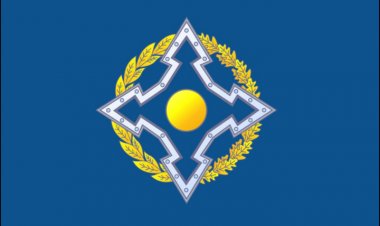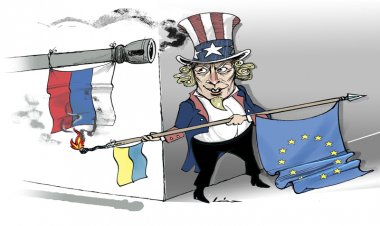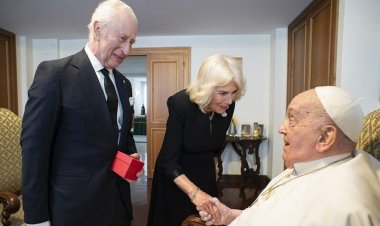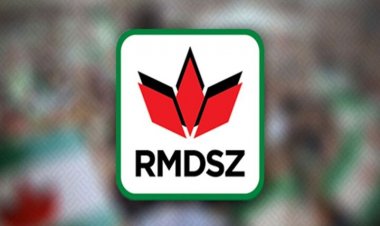Deliberating the chances of the peace
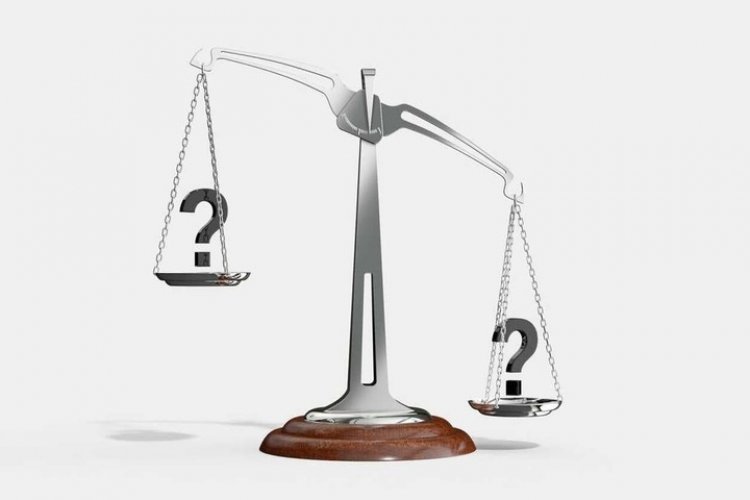
Battles are determining the present, but the future is always defined by peace treaties as an outcome of wars. They enforce the international principle that the borders of all sovereign countries must be respected, including by their neighbours.
This principle constitutes the basis of the United Nations, respectively of the Helsinki Accords (1975). As the recent events in Ukraine show, whatever Putin's Russia does, will be losing on the forums of international law. The new generation of European leaders as Emanuel Macron, Annalena Baerbock, Katalin Novák and Volodomir Zelenszkij must stick to this international principle and will defeat the older generation of the so-called pragmatist who states that wars are the necessary bad of power solutions. This is especially so in Europe where the politicians and their electorate prefer to freely travel through the permeable borders instead of their military enforcement.
Robbing Ukraine by its territory must be and will be firmly refused whatever historical or geopolitical argument is used by Putin to legitimise it.
Two major worldviews conflict now and here: the principle of respecting the sovereignty of a country against the aggression of another, authoritarian one. That's why no one can stay out of the conflict saying "it is not our war" as Viktor Orbán, premier of Hungary does. For Katalin Novák, the President of Hungary it is clear that Hungary can not stay neutral and has to take part in Ukraine.
Bad decisions motivated by home politics and energetical interests, Hungary exposed itself to be stigmatised as the "Trojan horse" of the aggressor. On the other hand, Katalin Novák states that Hungary honours and will honour all its obligations as a member of different international bodies and so tries to correct the unfavourable view of her country.
Original: Georg Paul Hefty: A béke esélyeit mérlegelve


